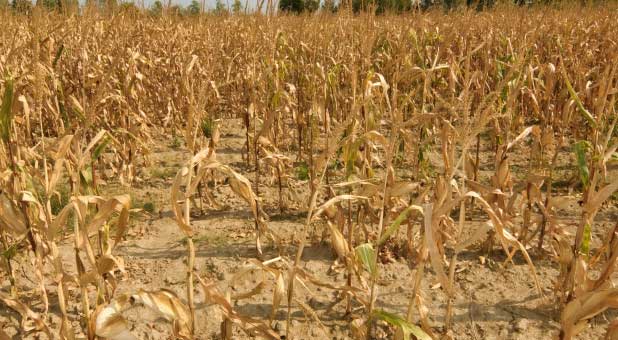As we ministered to her famished heart, she confessed her sins and accepted Jesus. We dealt with lifelong roots of rejection, shame and fear. Her hurts were washed away in a stream of tears, and we watched as her famine lifted. Today she is happily married and leads a successful ministry in our church to emotionally broken people.
To activate Christ’s famine-breaking power in our lives, we must be willing to confront our failures through honest confession. Like David, we must come clean with God.
We begin by asking ourselves: Am I holding on to unconfessed sin? Am I violating God’s Word? Am I perpetrating injustice? Have I withheld forgiveness, broken covenant, or given place to bitterness, pride, lust or greed?
Dishonesty and denial only shelter the spores that impoverish our hearts. Coming clean with God connects us with the power of the cross and the sacrifice of Jesus Confession and repentance break the root of sin and release us back into our harvest of joy:
“If we confess our sins, He is faithful and just to forgive us our sins and to cleanse us from all unrighteousness” (1 John 1:9).
After Israel’s sin root was cut the famine ended (see 2 Sam. 21:14). What a welcome release! The rains fell again, watering and reviving the dormant seeds of blessing.
At the same time, the nation’s anxiety lifted. Prosperity returned, and David’s song rang out: “[The righteous] shall not be ashamed in the evil time, and in the days of famine they shall be satisfied” (Ps. 37:19).
This story speaks to our lives: Hidden things create pain. Root issues are important. Sin creates suffering. Confession brings healing.
But most important, because of Christ, there is hope for the famished heart. He promises to “satisfy your soul in drought, and strengthen your bones” (Is. 58:11). He reassures us: “You shall be like a watered garden, and like a spring of water, whose waters do not fail” (v. 11).
If your heart is famished, run to these promises. Don’t cut yourself off from God or blame Him for the pain. Dig deeper and ask the Lord to lay His ax to the root. Come to the cross, and let the rain of His presence restore you. Your famine will end. The once-dead seeds of faith and hope will take root again, and your harvest of joy will return.
David Cannistraci is the senior pastor of GateWay City Church in San Jose, California, and a frequent contributor to Charisma. He is the author of Apostles and the Emerging Apostolic Movement and God’s Vision for Your Church. For more, visit online at davidcannistraci.org.
Ending America’s Barrenness
Christians in the U.S. have learned that it is vitally important to deal with root issues of injustice in the nation’s past.
The spiritual lessons of famine, broken covenant and confession apply to our lives personally, but they do not end there. The story of Saul’s injustice toward the Gibeonites teaches us how the sinful spores of racism, economic injustice, and bigotry can infect and oppress our entire nation.
Chief Jay Swallow, a widely recognized Native American minister, often describes his own journey of healing along these lines. Many Americans are unaware that our government has broken hundreds of covenants with Native Americans. Our centuries-long history of cruelty has produced enormous pain and resistance to Christ in Native communities.
Swallow’s ancestors were innocent victims of the Washita Massacre in 1868. As a child, he heard the accounts of their violent deaths. He became bitter toward his government and angry with his often-insensitive white brothers and sisters in Christ.
When Swallow visited the site of the massacre in 1997, his famished heart began to heal through the identificational repentance of John Benefiel and the leaders of the Oklahoma Apostolic Prayer Network. Sensing Swallow’s raw emotions and God’s heart to heal, the leaders knelt on that site and broke before God. When they repented for the sins of our government, Swallow extended forgiveness and subsequently experienced a transforming flood of personal healing and freedom.
Today these same leaders are working together to reach Native Americans. Confession is cleansing the stain of broken covenants and releasing personal freedom for thousands across the Midwest.
Many Christians believe our nation will not see revival until we address our mistreatment of Native Americans. For this reason, leaders such as Kansas Sen. Sam Brownback are urging the passage of the Resolution of Apology to the Native Peoples (nativeres .org), which apologizes for our government’s role in the suffering of Native people. If enacted, the resolution could bring about a turning point in our country not unlike that experienced by Israel after it made restitution to the Gibeonites.
For the power of the cross to transform our nation, we must confess and confront sin, injustice and broken covenants on a national level. If we are willing to address our root issues, we’ll see famine break up across the land, just as Scripture has promised:
“‘If My people who are called by My name will humble themselves, and pray and seek My face, and turn from their wicked ways, then I will hear from heaven, and will forgive their sin and heal their land'” (2 Chr. 7:14, NKJV).











































